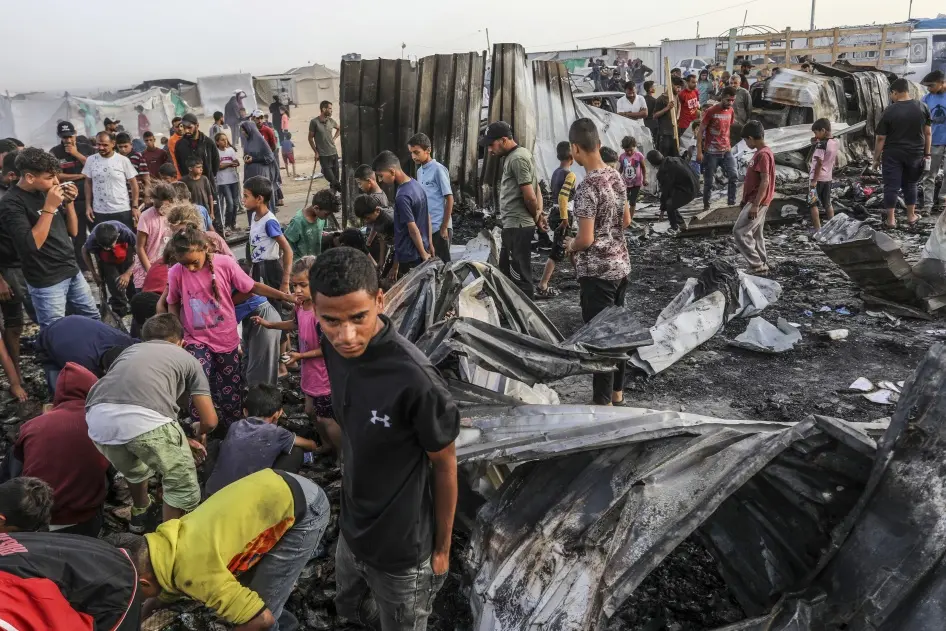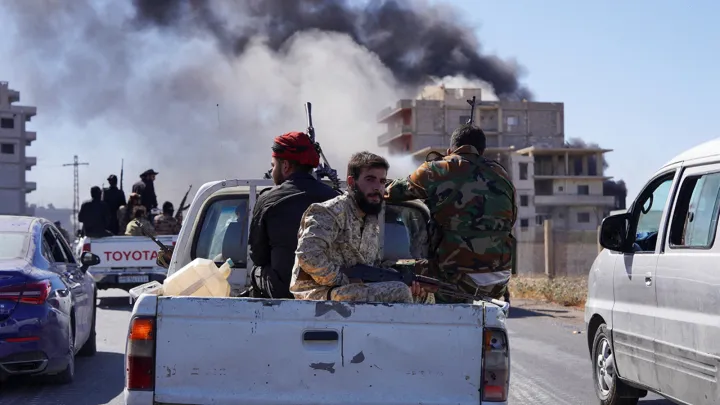Rafah Attack: Gaza Humanitarian Crisis Peaks
The Israeli attack in Rafah on July 19, 2025, killed 90 Palestinians. Gaza’s humanitarian crisis worsens as aid distribution centers become targets.

Rafah mourns once again after an Israeli attack killed more than 90 Palestinians, including 36 near a food aid distribution center on Saturday, July 19, 2025. This incident marks a new chapter in the relentless violence afflicting Gaza amid a prolonged humanitarian crisis. As hundreds gathered in Rafah and Khan Younis to receive aid, Israeli gunfire shattered their hopes of survival. The attack has drawn widespread international condemnation, including from the World Food Programme (WFP), highlighting the fragility of the ceasefire and the failure to protect civilians.
Aid Distribution Turns to Tragedy
Dozens of Palestinians, most of them women and children, fell victim as they crowded together waiting for food aid from the Gaza Humanitarian Foundation, an organization supported by the US and Israel. Gaza’s Ministry of Health recorded at least 32 dead on the spot, with many more wounded at the shooting site, underscoring a rising death toll from repeated attacks on aid centers in recent months. Humanitarian workers, overwhelmed by the influx of casualties, described the chaotic scenes to The Guardian.
International Reactions and Growing Concern
Condemnation poured in from various international organizations. The WFP and United Nations called for real protection for civilians amid ongoing conflict. The UN stressed that conditions in Rafah are deteriorating daily, while humanitarian relief is obstructed by blockades and airstrikes. Countries such as Egypt, Turkey, and the European Union have demanded Israel immediately halt military operations and guarantee unconditional humanitarian access. Meanwhile, human rights groups warn that shooting civilians seeking aid constitutes a grave breach of international humanitarian law.
Fragile Ceasefire and Ongoing Negotiations
Amid rising tensions, the ceasefire in Gaza is being tested once again. Negotiations over hostage releases between Hamas and Israel remain deadlocked, with Qatari and Egyptian mediators struggling to bring both sides to the table. The Rafah incident has further eroded trust between parties. UN observers monitoring the situation stated that the latest shootings add to the growing list of violations against civilians in Gaza.
Long-Term Impact on Gaza Residents
The attack in Rafah not only adds to the death toll but also deepens the trauma and suffering of Gaza’s population. Many families lost loved ones and access to basic food supplies at once. Hospitals in Gaza are reporting a surge in critical injuries while supplies of medicine and medical equipment continue to dwindle. Children and women are among the most vulnerable. Humanitarian workers warn that continued attacks on aid distribution will exacerbate the hunger crisis and hasten the collapse of Gaza’s social systems.
Israeli Government Response
The Israeli government defended its actions, stating that the military operation targeted armed groups hiding among civilians. However, field evidence and eyewitness accounts reveal that most victims were ordinary people lining up for food aid. Israel’s official statement drew criticism from multiple countries and reinforced calls for an independent investigation into the Rafah incident.
Pressure on the International Community
The Rafah incident has intensified calls for decisive action from the international community. Major international media, including AP News and Al Jazeera, have widely covered the tragedy, pushing global actors to urge both Israel and Hamas to comply with international law and prioritize civilian protection. Some analysts warn that, without strong intervention from major powers, the cycle of violence and civilian suffering in Gaza will continue indefinitely.
The tragic events in Rafah on July 19, 2025, serve as a stark reminder of the vulnerability of civilians in conflict zones, especially amidst the failure of protection and humanitarian aid distribution. This crisis demands real accountability from all parties so that the ongoing suffering in Gaza no longer becomes a routine headline without meaningful change.





Comments ()